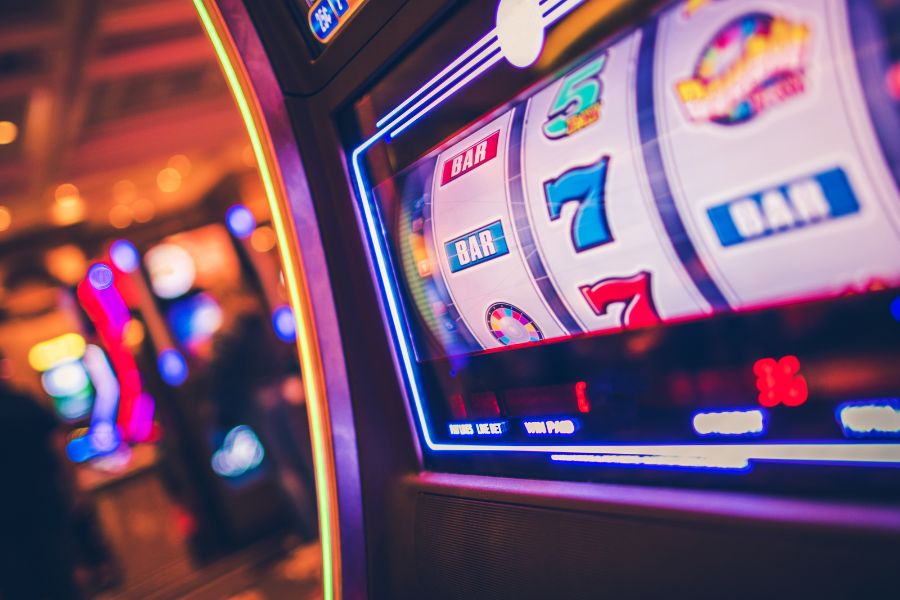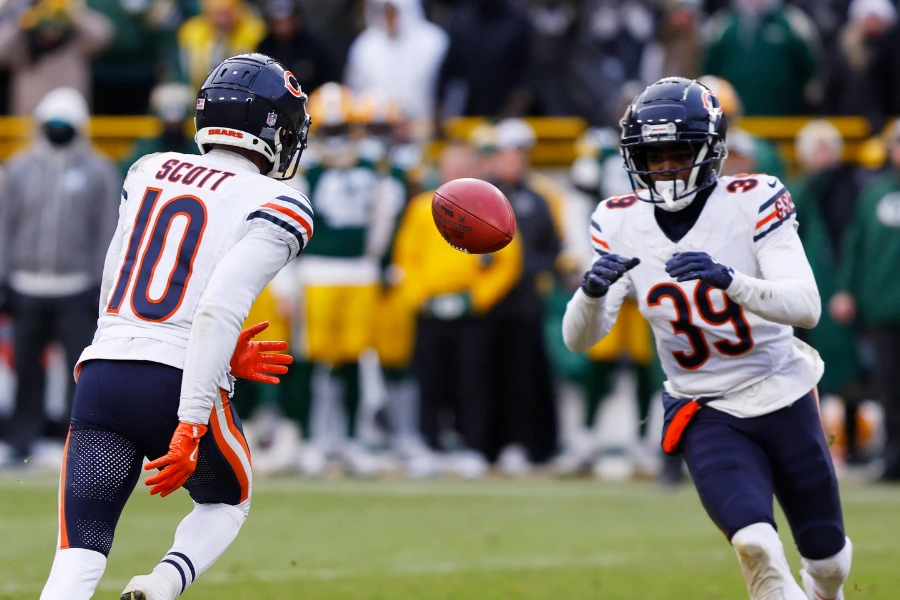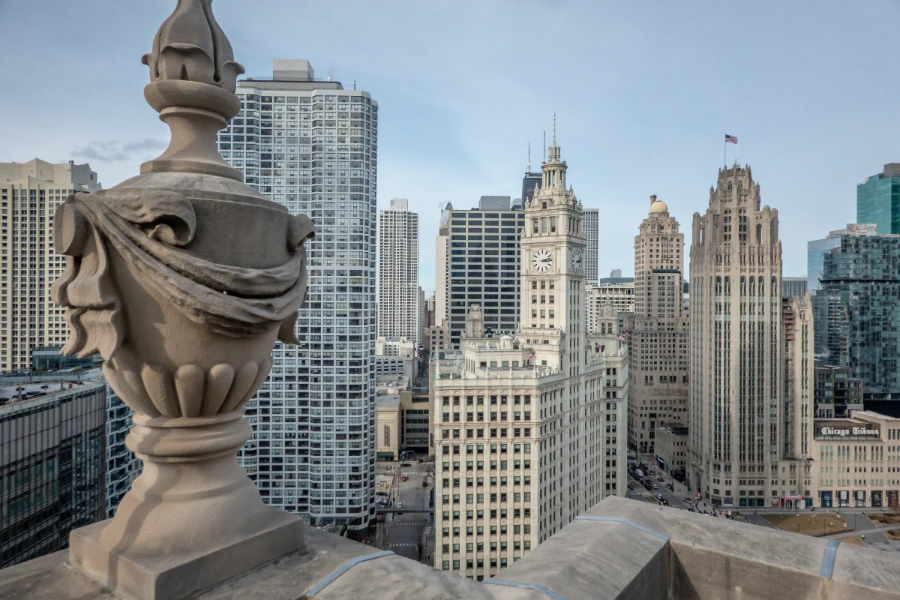Then again, the new era was coming regardless of who won the two-man runoff election.
At a mid-March debate, candidate Paul Vallas – asked how he would fund certain investments in the city, said he would use “a fair share of casino money, the gaming money, the video poker money – which of course I would support and legalize.”
Not to be outdone, Johnson put out a statement afterward saying that he is:
“a supporter of legalized video gambling as an important revenue source for critical investments in public safety, transportation, housing and other public accommodations.”
But will the advent of video gambling in Chicago – previously banned – be an economic boom or bust?
That has proven to be a complex question elsewhere in the state, and the pending arrival of a casino in downtown Chicago only adds to the intrigue.
Video gambling is legal in eight states, including Nevada and Louisiana, and each features thousands of such machines at restaurants, bars, truck stops, and even some fraternal organizations.
Illinois is The Video Gambling King in The U.S
But Illinois leads the way with more than 45,000 machines at 8,200 venues all across the state, according to the Illinois Gaming Board – and that’s even what until now had been a ban on such machines within Chicago’s city limits.
The concept was launched by the bipartisan Video Gaming Act of 2009 as a partial antidote to the worldwide financial crisis and a somewhat desperate need for new sources of revenue.
But as an extensive investigation published by Pro Publica in 2019 explained, this cure proved worse than the disease in many respects.
That’s because the state borrowed $5 billion from 2009-12 – all before the first machines, delayed for years by legal skirmishes, finally began taking money from gamblers.
Even with the launch of thousands of machines, projected annual revenue consistently has fallen short. One issue is that the tax rate on the machines is just 30%, compared to 50% in West Virginia and South Dakota and 73% in Oregon.
The nearly a dozen casinos in Illinois, meanwhile, pay up to 50% if the casino generates sufficient revenues.
From 2013-17 – the first five full years of the video gambling era – state casino revenue declined by 15% as residents took advantage of gambling options closer to home that produced tax revenue at a lower rate than casinos.
Chicago Casino is Also On The Way
In May 2022, former Mayor Lori Lightfoot approved a $1.7 billion casino proposal by Bally’s. The casino would open in 2026, and in February state regulators approved the opening of a 77,000-square-foot temporary casino that could open its doors as soon as this summer.
The permanent casino is projected to feature 3,400 slot machines, almost 200 table games, and a 3,000-seat concert venue.
But with a change of administration, the new casino now can expect extensive competition from thousands of video gambling machines in the vicinity – just as has occurred with the state’s other casinos for the past decade.
The tension among competing gambling interests played out publicly in 2021, when Rush Street Gaming co-founder and CEO Neil Bluhm – who ultimately proved to be a losing Chicago casino bidder – opposed the City Council’s plan to approve sportsbooks at the city’s professional sports facilities.
“For almost 20 years, the city has tried to get a casino,” Bluhm said. “Now, when you finally can have one, why would you create several competitors when the city gets no revenue from sports betting?”
But Bluhm lost the battle, too, and a two-story DraftKings Sportsbook at the southeast corner of the Chicago Cubs’ iconic Wrigley Field baseball park is expected to open by mid-2023. A FanDuel Sportsbook lounge at the United Center – home of the NBA’s Chicago Bulls and the NHL’s Blackhawks – is awaiting final approvals from the state before opening its doors.
Casino and video gambling state taxes combined rose 11% from 2021 to 2022, to $1.3 billion, according to state regulators.
The numbers also show that all but one casino reported declines in gaming revenue from pre-pandemic 2019 to 2022, according to the Illinois Commission on Government Forecasting and Accountability released in January.
“The convenience and quick expansion of video gambling appear to have stymied potential growth” for most state casinos, the commission concluded.






